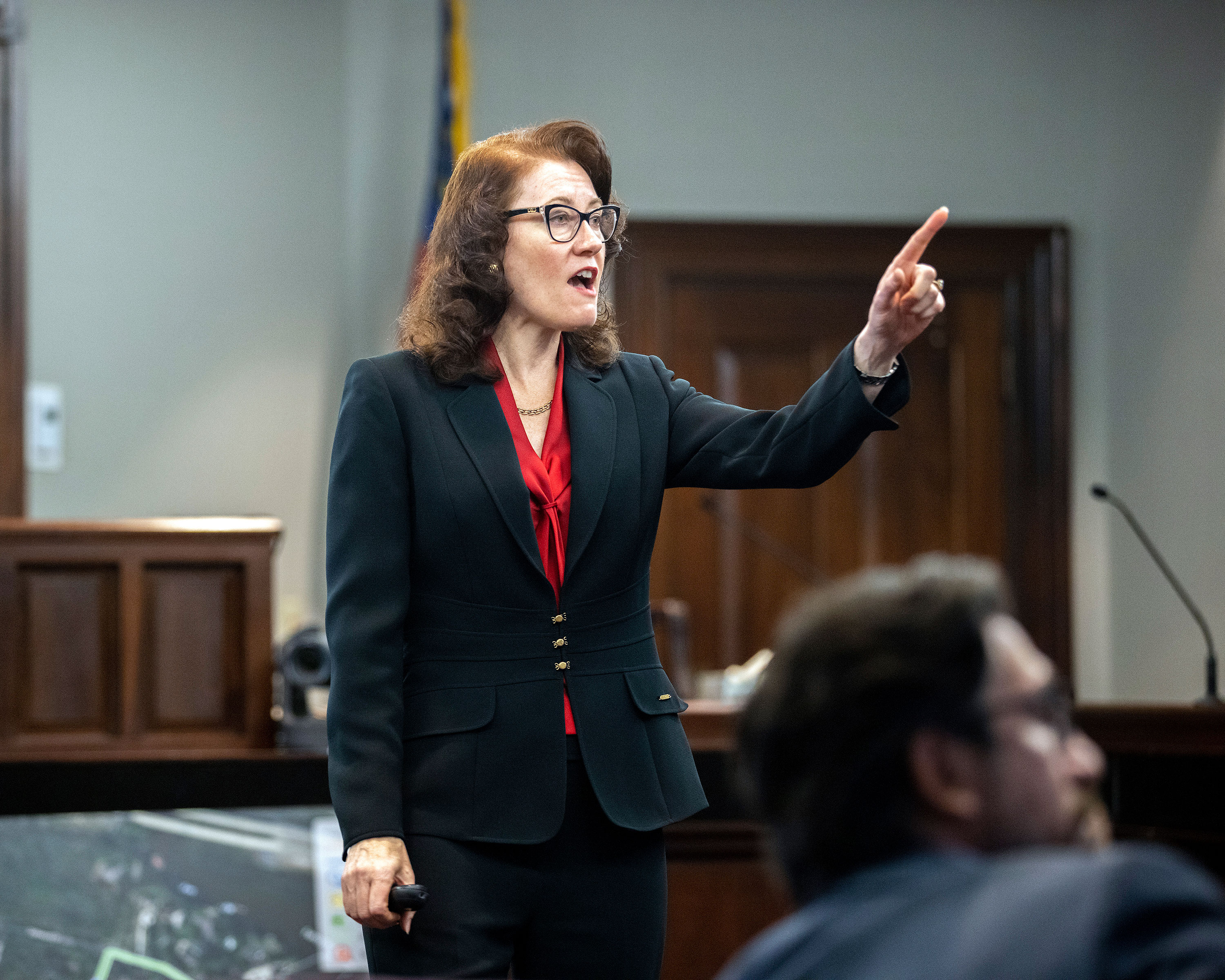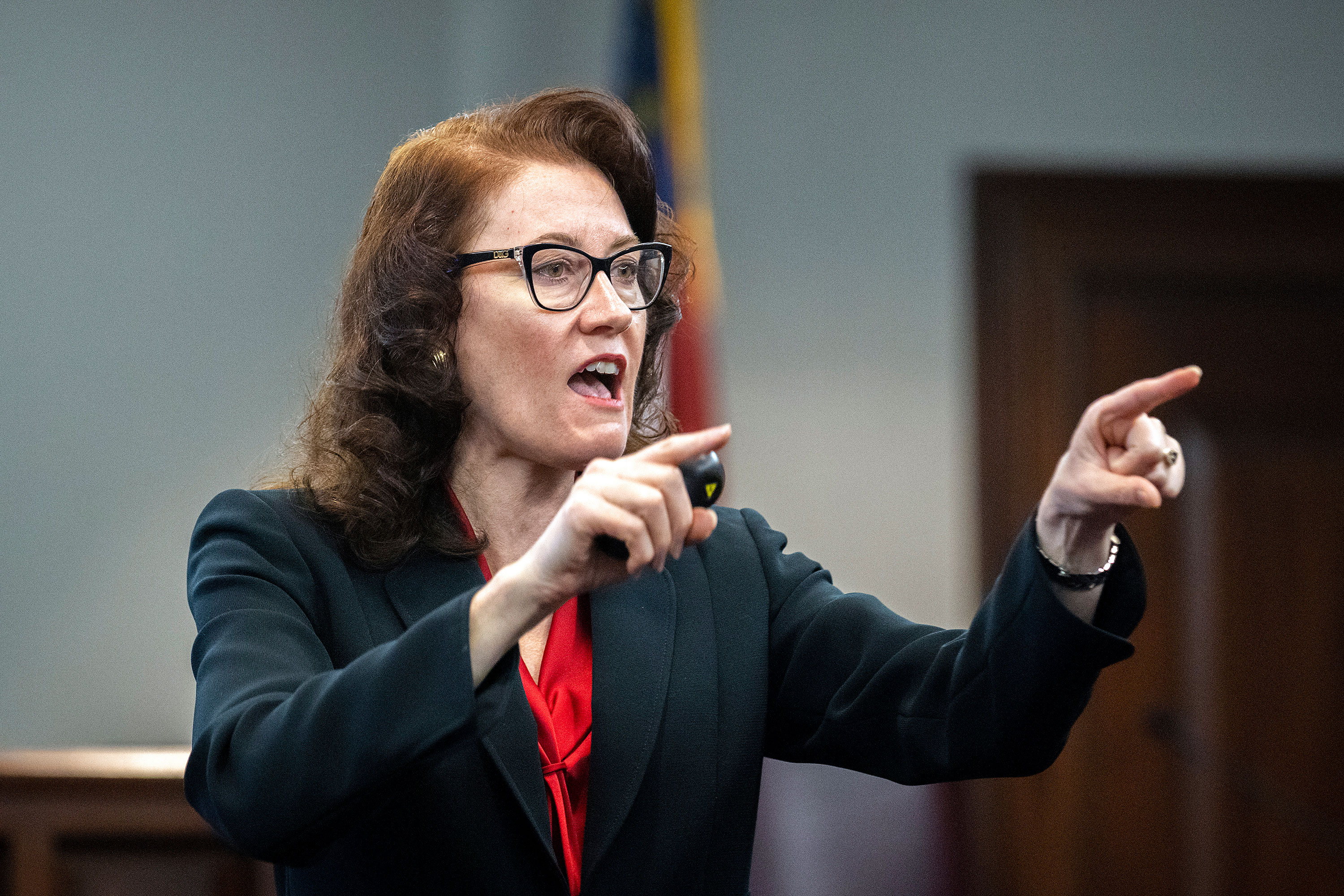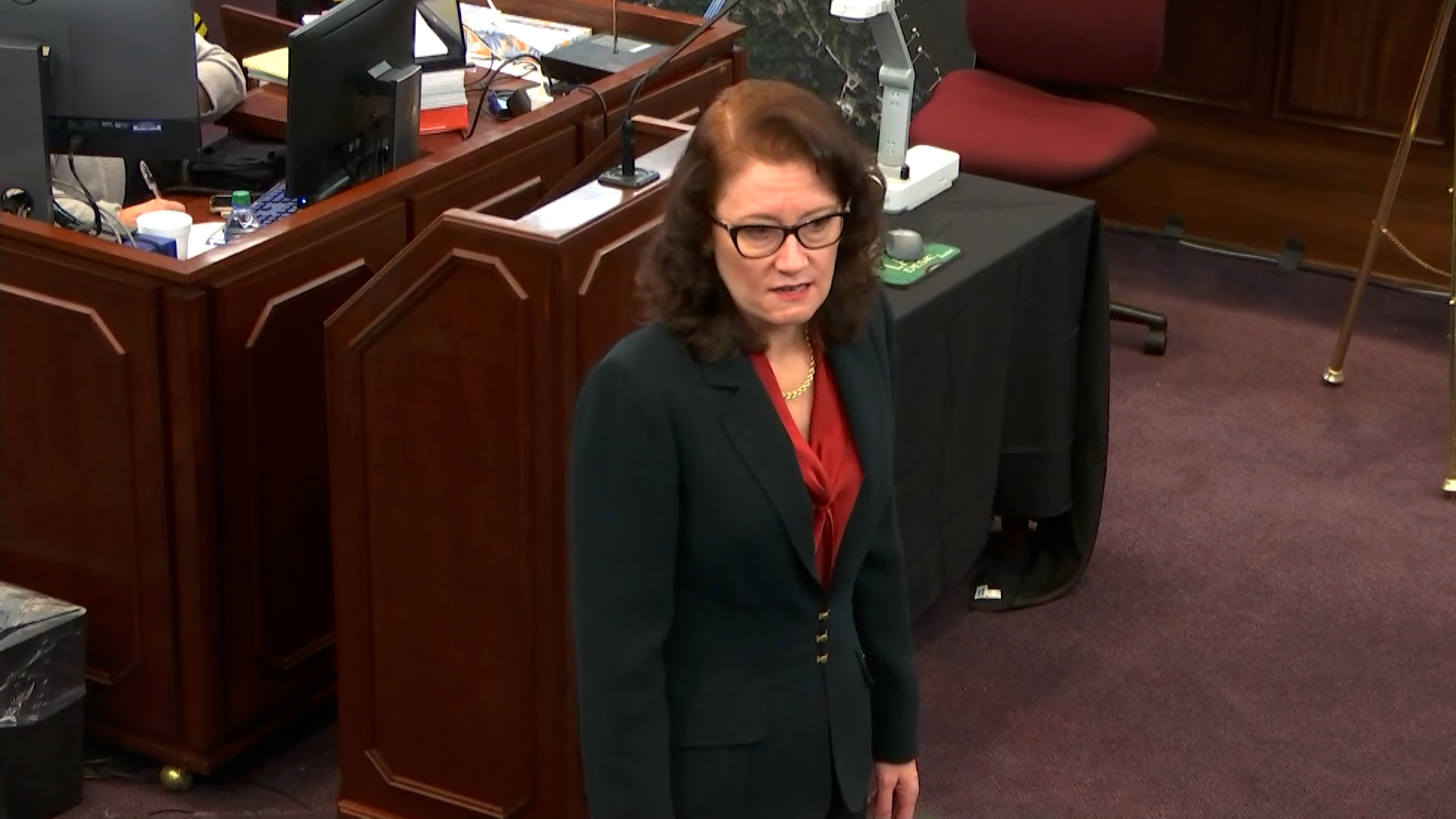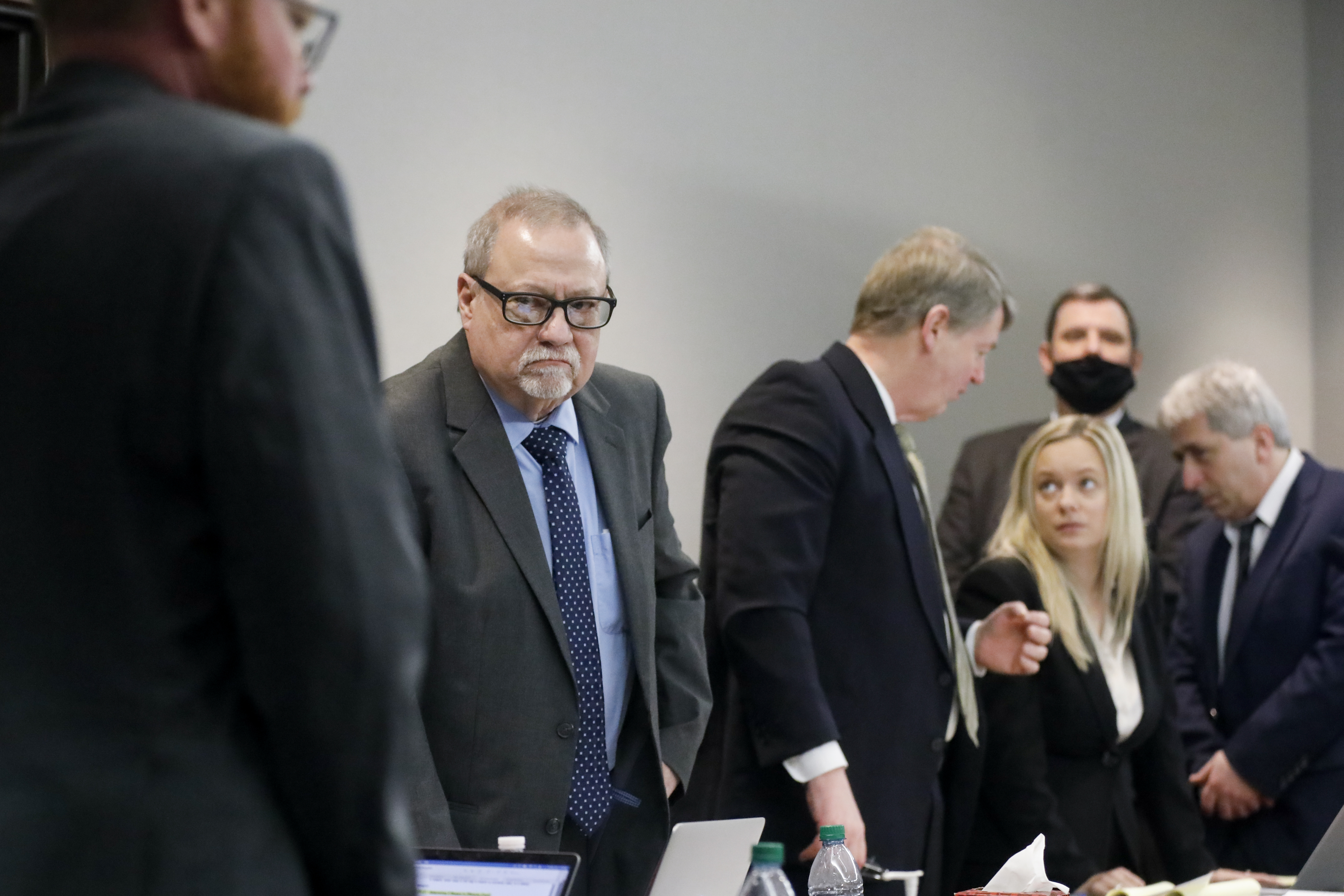The prosecution is beginning closing arguments in the trial of three men accused of killing Ahmaud Arbery.
Jurors have heard from more than 20 witnesses throughout the trial, including the man who shot and killed the 25-year-old jogger.
The state will have up to three hours to make their final case to the nearly all White jury, which is comprised of 11 White jurors and one person of color.
Travis McMichael, who took the stand last week, his father Gregory McMichael and their neighbor William Bryan Jr., face charges including malice murder and felony murder in the death of Arbery, a Black man who was chased by the trio on Feb. 23, 2020, in the Satilla Shores neighborhood near Brunswick, Georgia.
Defense attorneys contend the McMichaels were trying to conduct a lawful citizen's arrest of Arbery, whom they suspected of burglary after they and several neighbors became concerned about individuals entering a nearby home under construction. Bryan, after seeing the McMichaels chase Arbery, attempted to cut Arbery off, followed and recorded cell phone video of the pursuit and shooting, the defense said. The younger McMichael testified he shot Arbery in self-defense as they wrestled over McMichael's shotgun. All three defendants have pleaded not guilty.
Arbery's family has said he was out for a jog when he was killed, and authorities said he was unarmed. Prosecutors said the defendants tracked down and killed Arbery "based on assumptions."
The prosecution also showed the cell phone video of the shooting, shot by Bryan, several times during the presentation of their case. They showed more than one thousand frame-by-frame still images taken from the video.
The jury was shown the shotgun that was used to kill Arbery and when the medical examiner testified autopsy photos where shown.
During opening arguments, the state claimed the defendants acted on “assumptions.”







